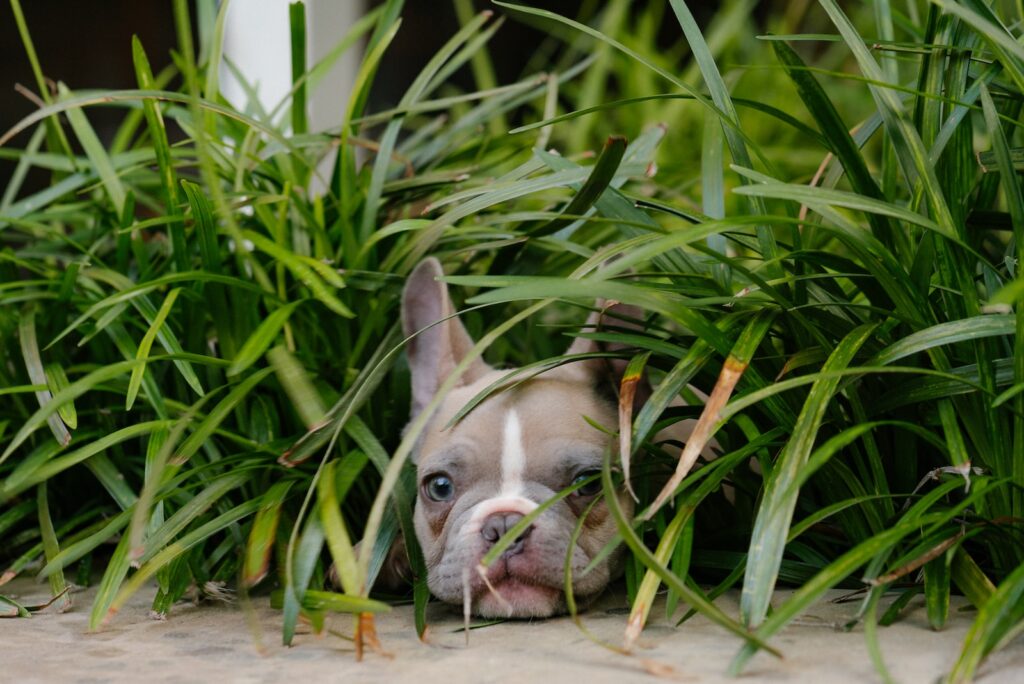Can Dogs Eat Stuffing? — No, They Can’t!
Stuffing, a popular side dish during holiday seasons, may seem tempting to share with your furry friend, but it can be harmful to dogs. Dogs should not eat stuffing due to the potential risks associated with its ingredients.
Can Puppies Eat Stuffing?
Puppies should avoid eating stuffing as well. Their developing digestive systems are more sensitive and susceptible to digestive issues caused by rich and greasy foods, such as stuffing.
Why is Stuffing Harmful for Dogs?
Eating stuffing can pose several dangers to dogs. Here are the primary reasons why stuffing should be kept away from your furry friend:
Unhealthy Ingredients
Stuffing often contains ingredients that can be harmful to dogs, such as onions, garlic, and spices. These ingredients can cause toxicity and digestive issues in dogs.
Fatty and Greasy Nature
Stuffing is typically high in fat and greasy, which can lead to pancreatitis, a condition characterized by inflammation of the pancreas. Pancreatitis can be painful and potentially life-threatening for dogs.
Potential Presence of Gastrointestinal Blockages
If stuffing contains small bone fragments, it can pose a risk of getting lodged in the dog’s gastrointestinal tract, leading to blockages and requiring immediate medical attention.
Symptoms to Watch Out For After Dogs Consume Stuffing
- Vomiting: If your dog consumes stuffing, keep an eye out for vomiting. It may indicate an adverse reaction to the ingredients or a blockage in the digestive system.
- Diarrhea: Diarrhea can occur as a result of digestive upset caused by stuffing ingestion. Monitor your dog’s stool consistency and frequency.
- Lethargy and Loss of Appetite: If your dog becomes lethargic and shows a decreased interest in food after eating stuffing, it could be a sign of discomfort or illness.
Immediate Steps to Take if Your Dog Eats Stuffing
- Monitor Your Dog: Keep a close eye on your dog for any signs of distress or discomfort. If symptoms worsen or persist, contact your vet immediately.
- Avoid Inducing Vomiting: Do not attempt to induce vomiting without consulting with a veterinarian first. It may not be suitable, depending on the specific circumstances.
- Contact Your Vet: Reach out to your veterinarian as soon as possible to seek professional guidance and advice tailored to your dog’s situation.
Safe Alternatives to Stuffing
While stuffing is off-limits to dogs, there are safe alternatives that they can enjoy. Consider offering your dog these safer food options instead:
- Sweet Potatoes — A nutritious and delicious alternative to stuffing, sweet potatoes are rich in vitamins and minerals, and dogs generally find them tasty.
- Plain Rice — Plain cooked rice can be a gentle and easily digestible option for dogs, especially if they have been experiencing digestive issues.
- Carrots — Crunchy and low in calories, carrots make a healthy snack for dogs. They are also great for promoting dental health.
Conclusion
To ensure the well-being of your furry friend, it is best to refrain from letting them eat stuffing. Due to its unhealthy ingredients, high fat content, and potential risk of gastrointestinal blockages, stuffing can be harmful to dogs. Instead, opt for safer alternatives like sweet potatoes, plain rice, or carrots. Always prioritize your dog’s health and consult with a veterinarian if you have any concerns.
Frequently Asked Questions
Can dogs eat cooked turkey?
Yes, dogs can eat cooked turkey, but it is essential to remember a few things. Make sure the turkey is fully cooked, boneless, and seasoned with minimal spices. Also, avoid feeding them the skin or any other fatty parts of the turkey.
Is it safe for dogs to eat cranberry sauce?
Cranberry sauce may contain high amounts of sugar, preservatives, or other ingredients that can be harmful to dogs. It is best to avoid feeding cranberry sauce to your furry friend.
What should I do if my dog accidentally eats stuffing?
If your dog accidentally eats stuffing, closely monitor their symptoms and behavior. Contact your vet for guidance to determine if immediate medical attention is necessary based on the quantity consumed and your dog’s size. Never hesitate to seek professional advice when in doubt.
Are there any other holiday foods that dogs should avoid?
Yes, several holiday foods can be harmful to dogs, including chocolate, grapes, raisins, onions, garlic, alcohol, and products containing artificial sweeteners like xylitol. It is crucial to educate yourself about these potential dangers to keep your dog safe and healthy during celebrations.






